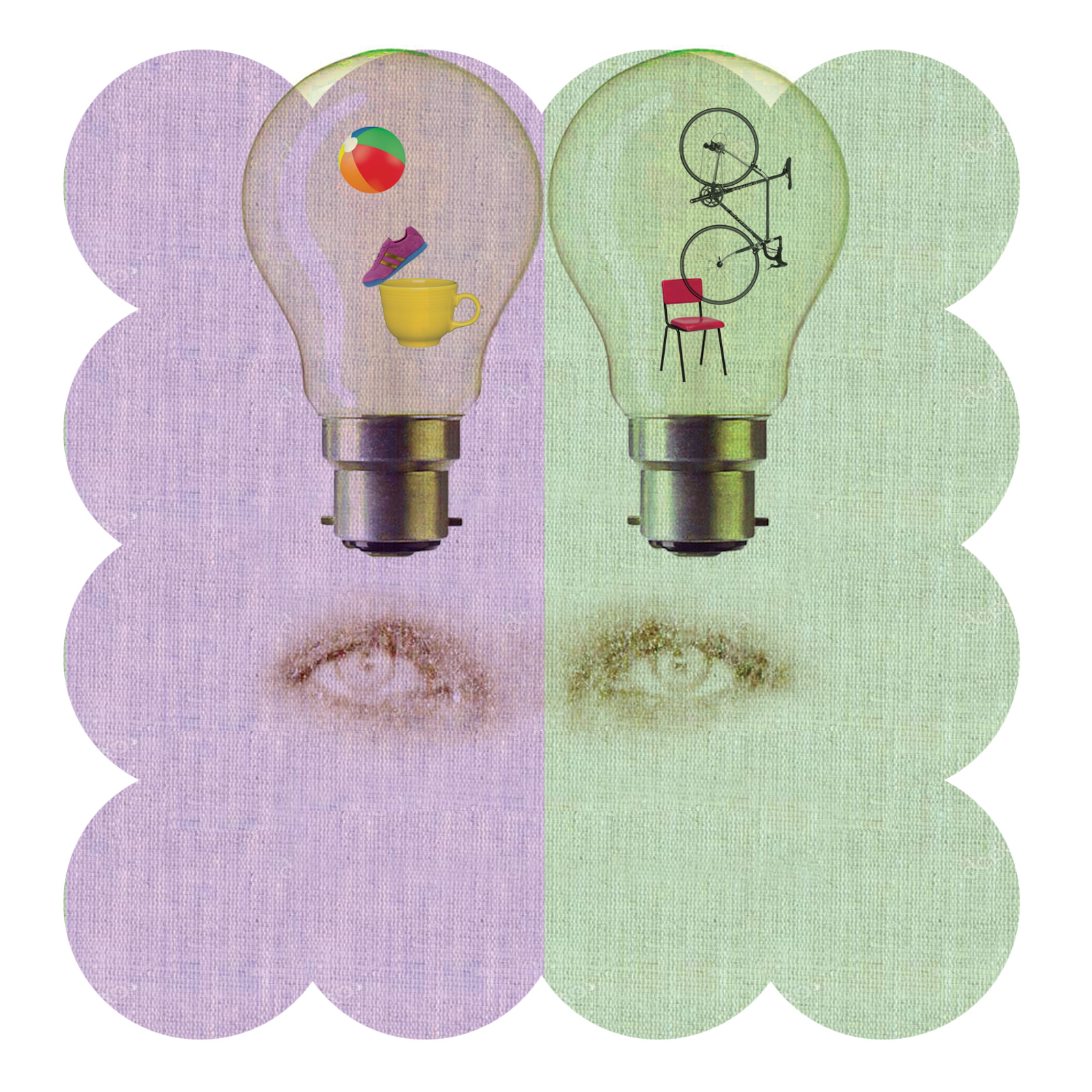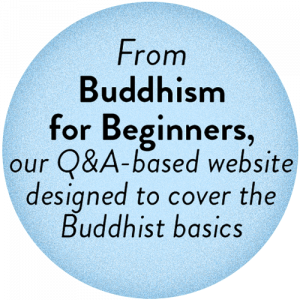
A feature of Pure Land Buddhism is the extent to to which it accepts the common human condition, one’s bombu (“ordinary person”) nature. We are all ordinary—that is, foolish and deluded—in various ways and subject to vagaries of passion, and Pure Land Buddhism teaches that total reform is impossible within the world of conditions. Even the very effort to achieve perfection can be counterproductive, leading to spiritual pride, an arrogant overestimation of one’s own power and ability. The practice of a deluded being must, by definition, itself be fallible.
Because Pure Land Buddhism rests upon this proposition (known as the bombu paradigm), its practitioners are invested with humility, or acknowledgment of their bombu nature, as well as with gratitude for the gift of the dharma and for being accepted into Amida Buddha’s pure domain. The recognition of one’s own bombu faults and delusions also naturally leads to an increased fellow-feeling for others and the cultivation of compassion in the place of judgment.
From the Pure Land perspective, one does not need to arrive at superlative spiritual achievements before being accepted, nor does one have to think about how to win salvation or get enlightened. By giving up personal ambition to achieve enlightenment and relying instead entirely on Amida’s acceptance, the Pure Land practitioner is free to carry out the spirit of the Buddha right away.
It may seem paradoxical that giving up the ambition to achieve enlightenment can lead to living a more enlightened life, but to Pure Land practitioners this makes sense because one’s individual karma, and therefore one’s power, is very limited. If one relies instead entirely upon the Buddha, it is like plugging into a big generator rather than a small battery.
The myokonin (model Pure Land practitioner) Saichi Asahara (1850–1932) wrote:
The ocean is full of water;
it has the seabed to support it.
Saichi is full of blind passion;
it has Amida to support it.
The post Practice Does Not Make Perfect appeared first on Tricycle: The Buddhist Review.
from Buddhism for Beginners – Tricycle: The Buddhist Review
https://tricycle.org/magazine/bombu-buddhism/
from https://tricycle.org
#buddhism

No comments:
Post a Comment